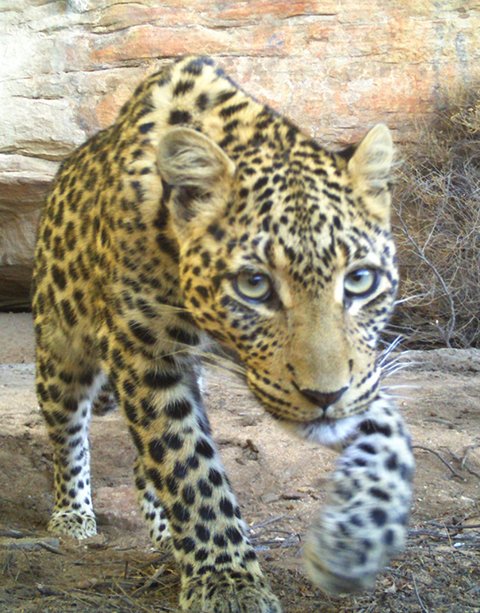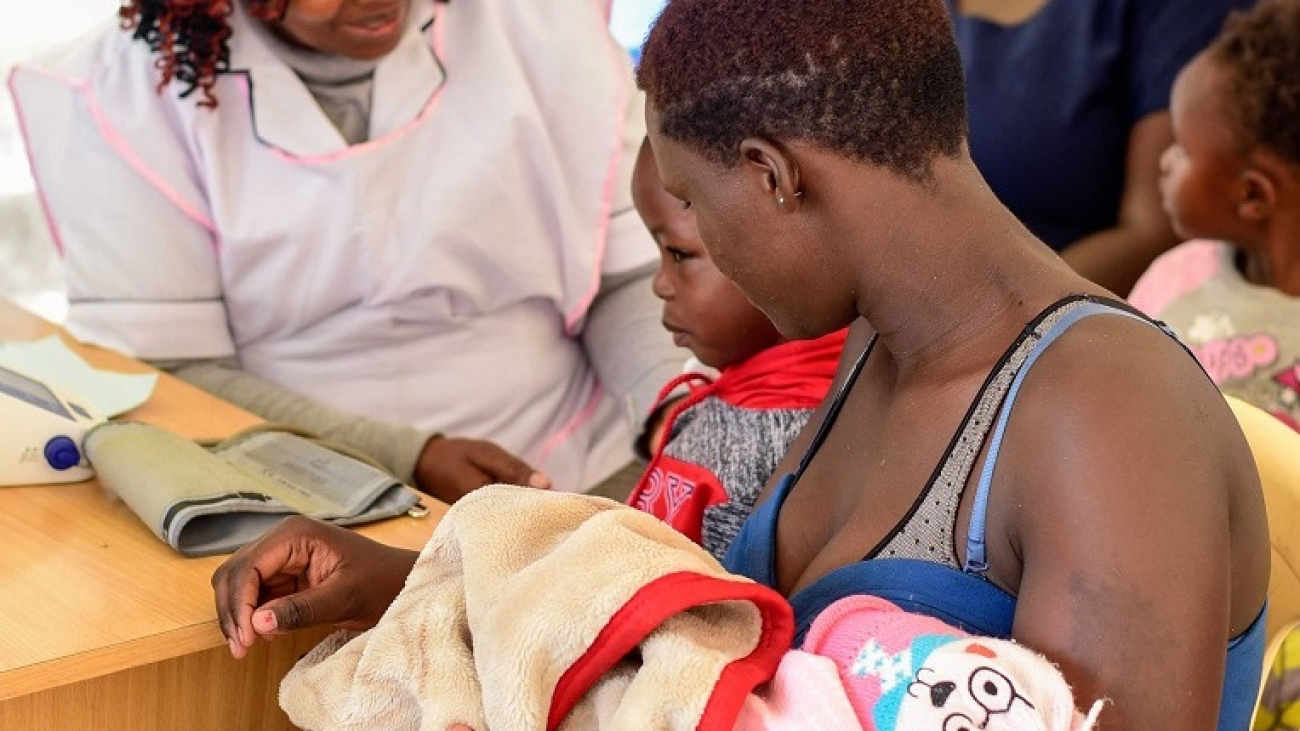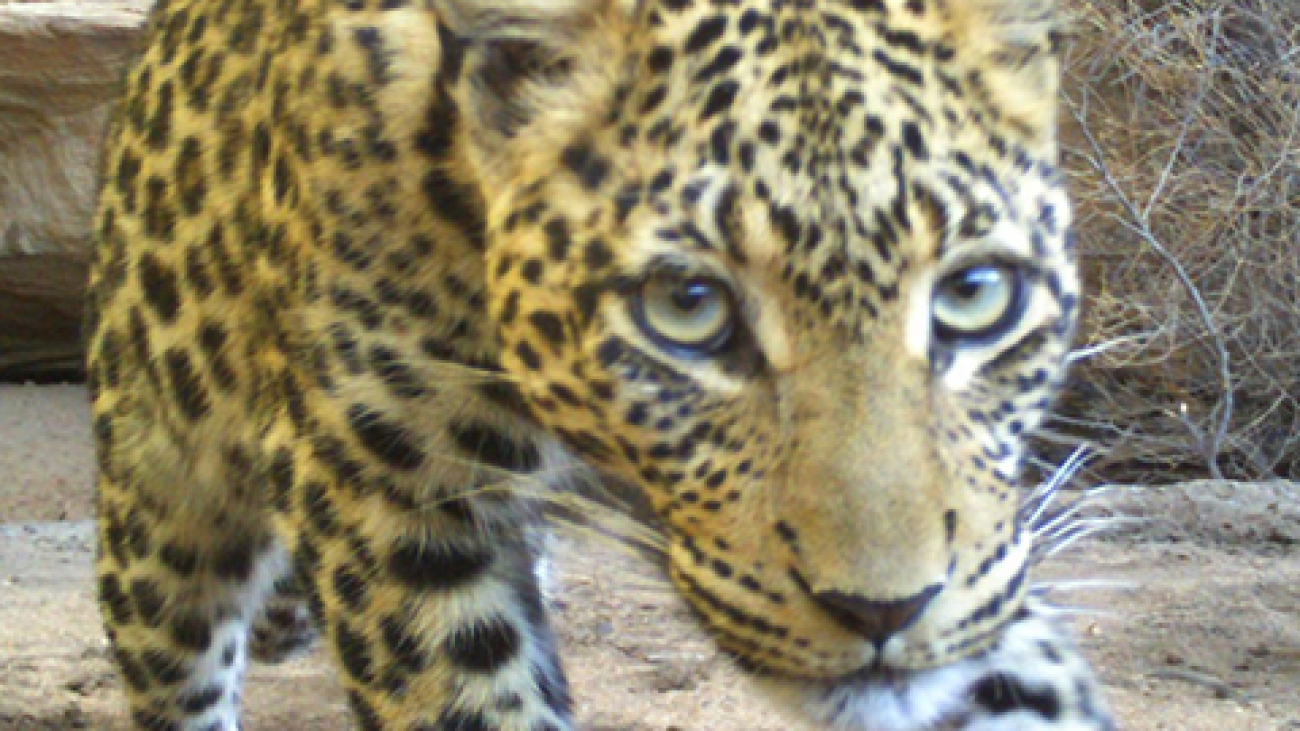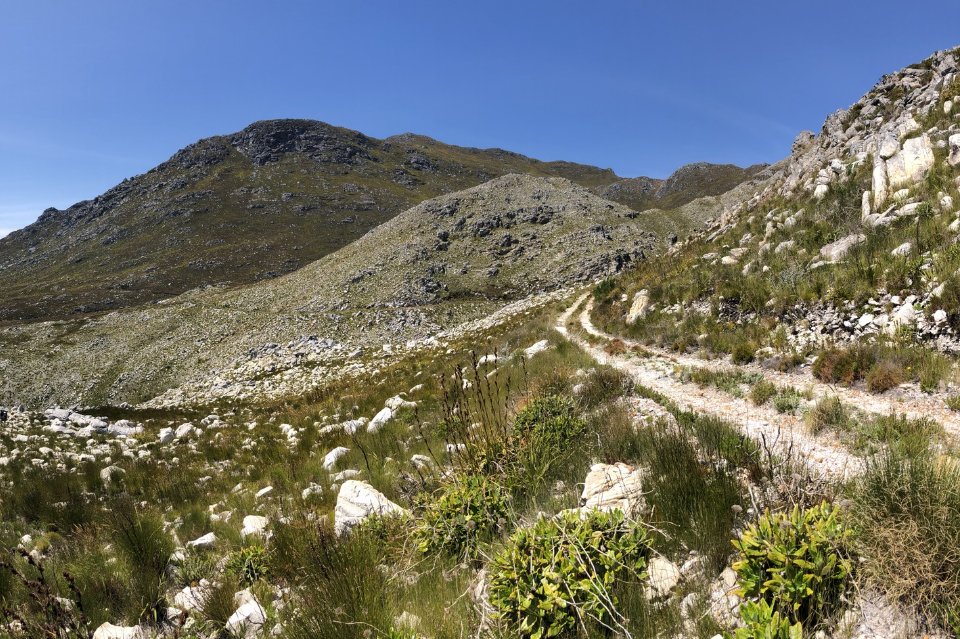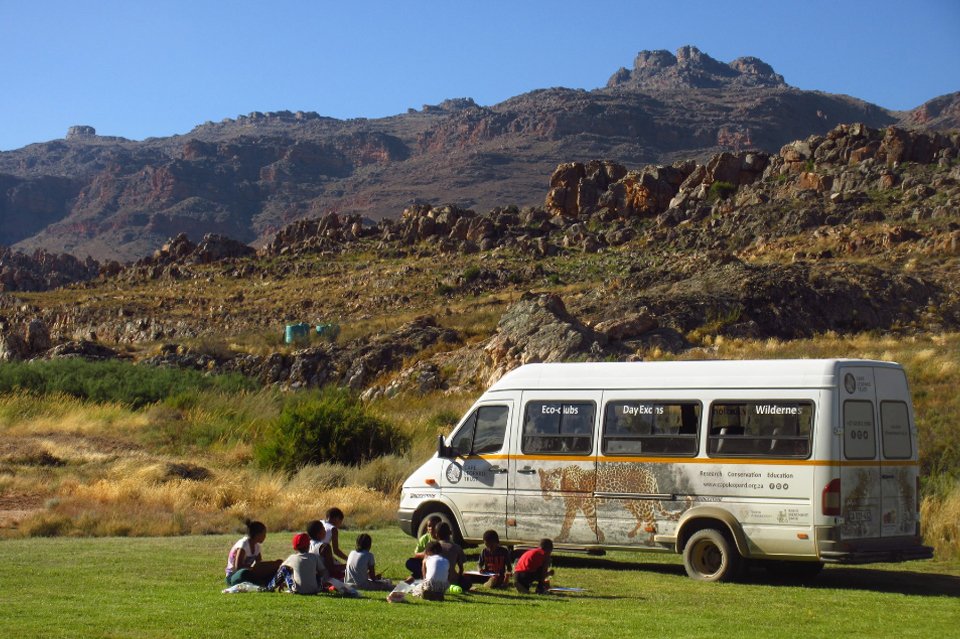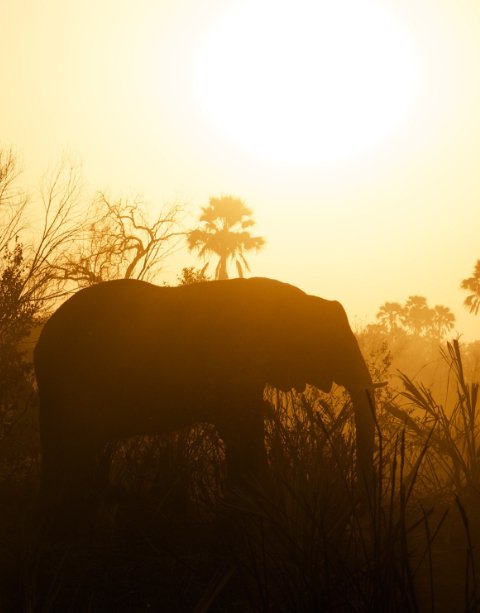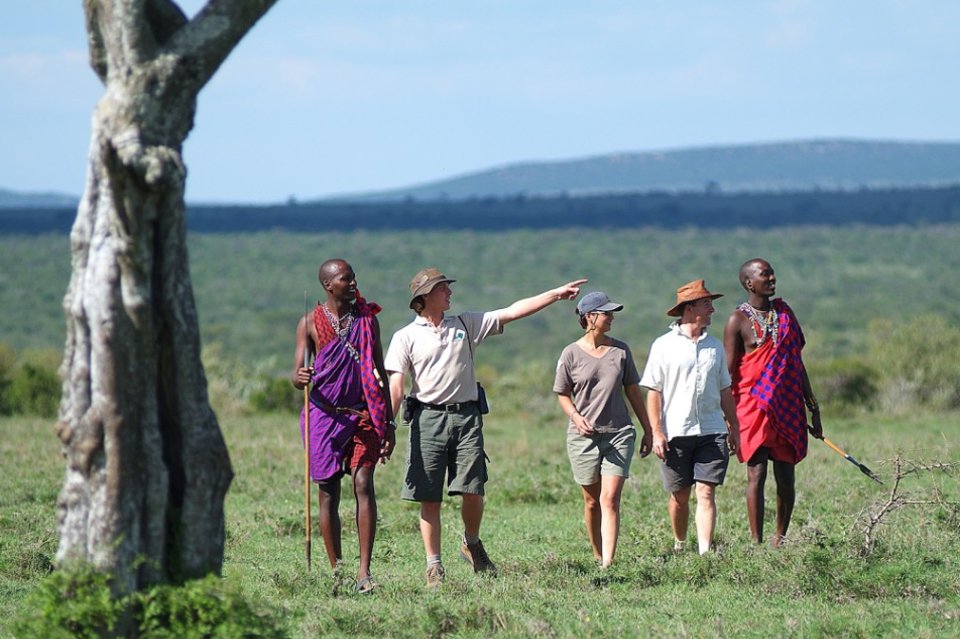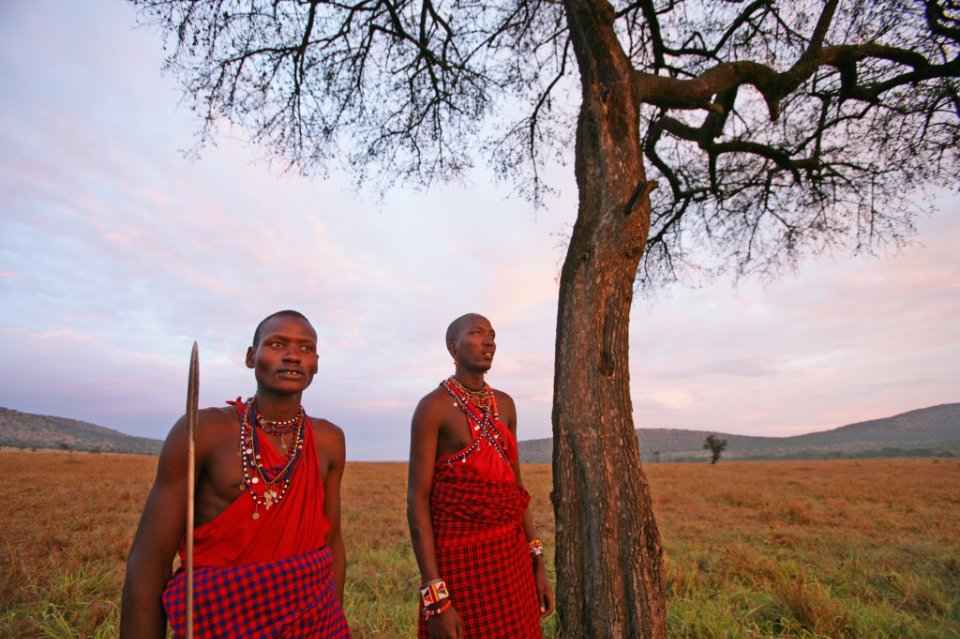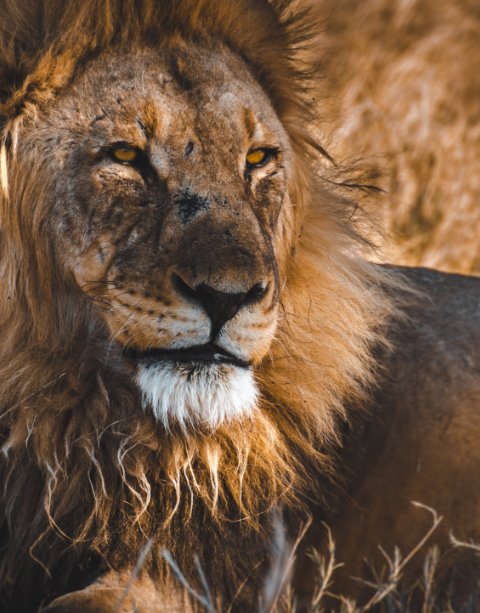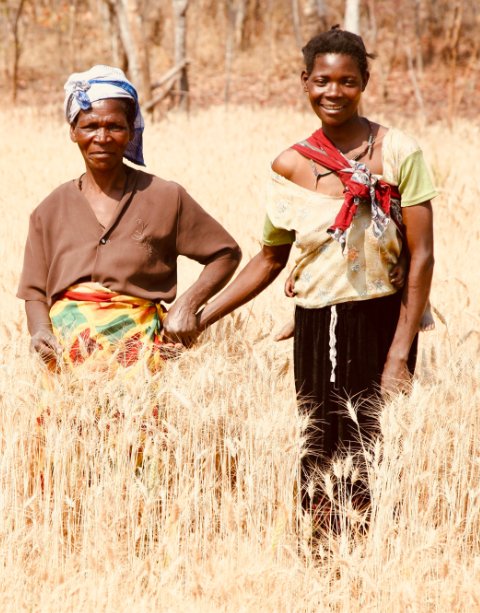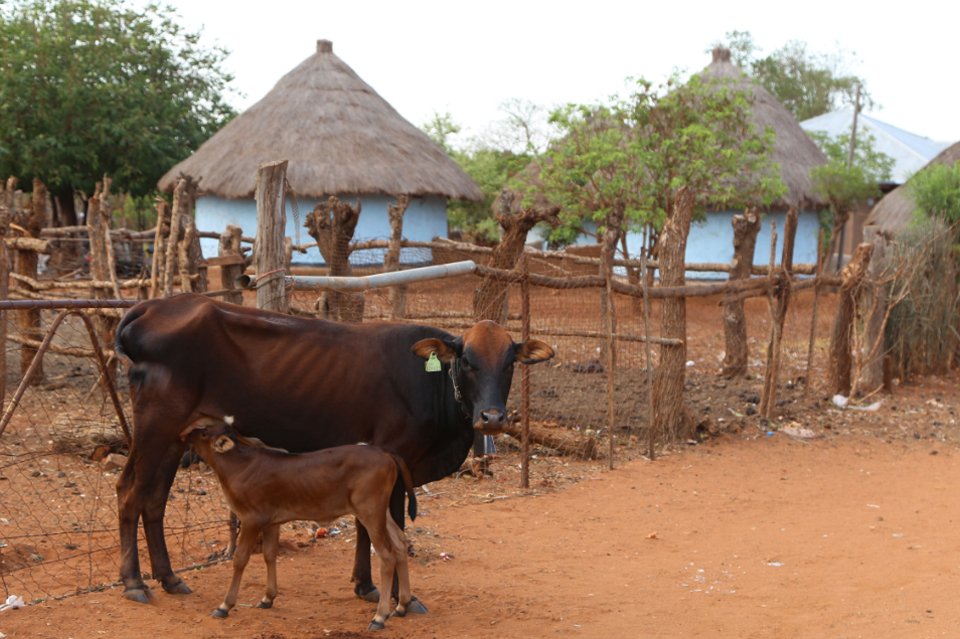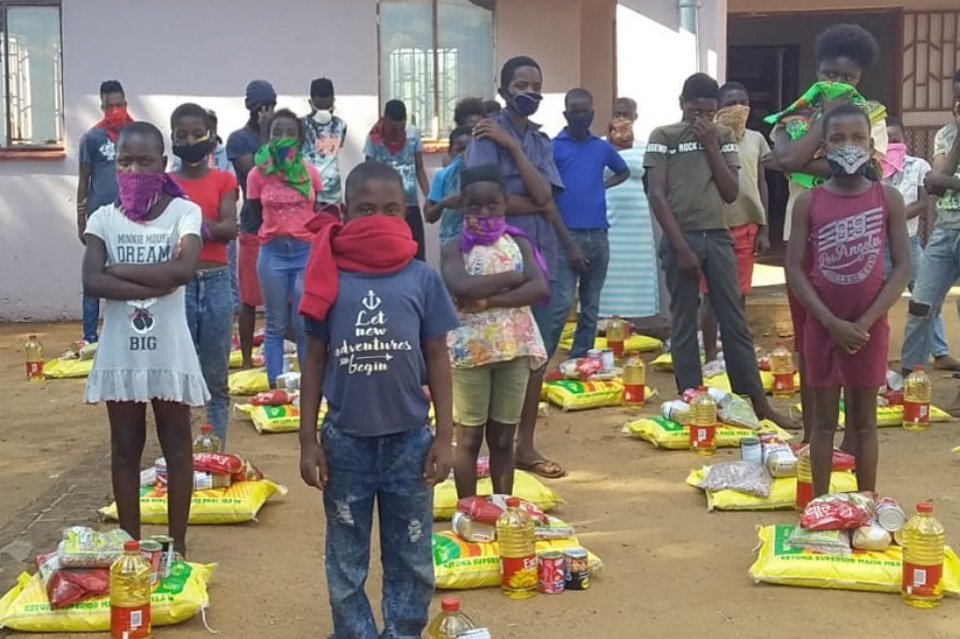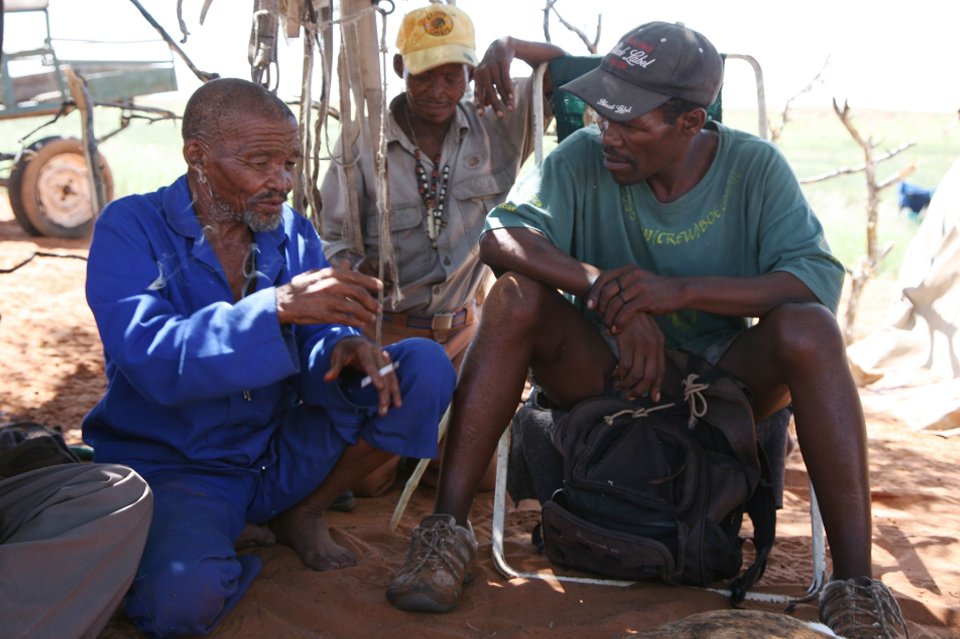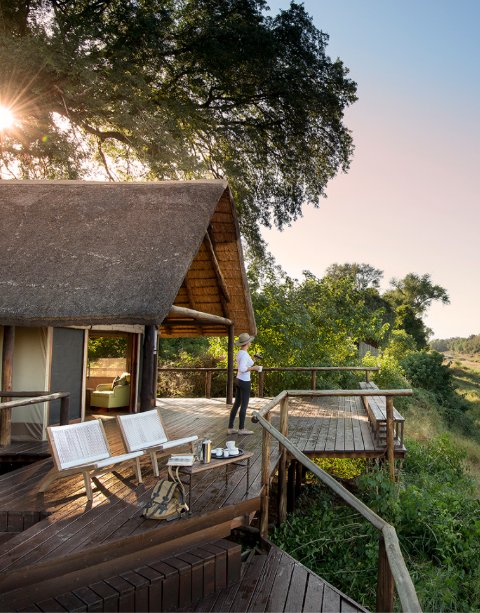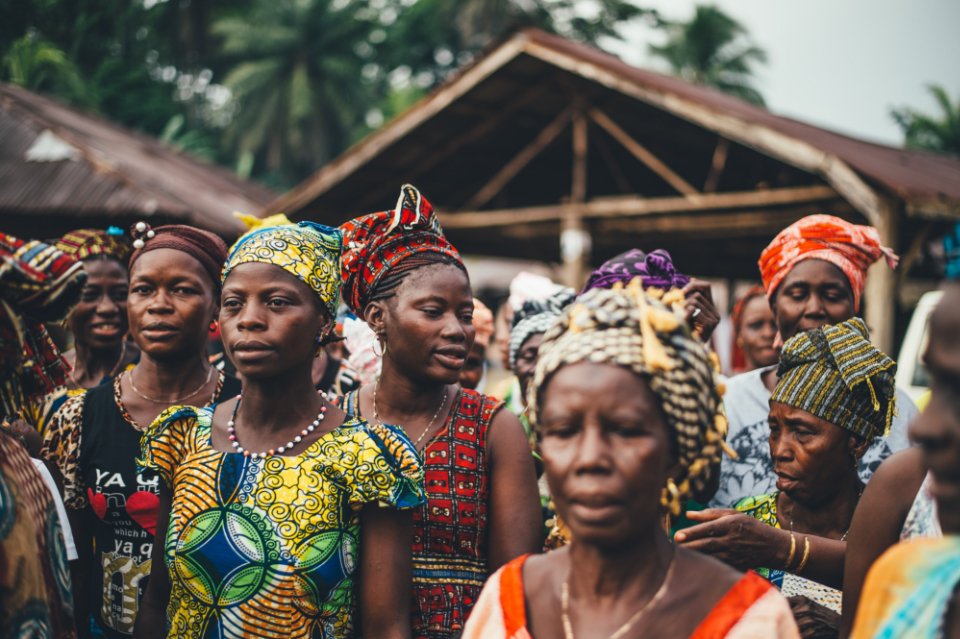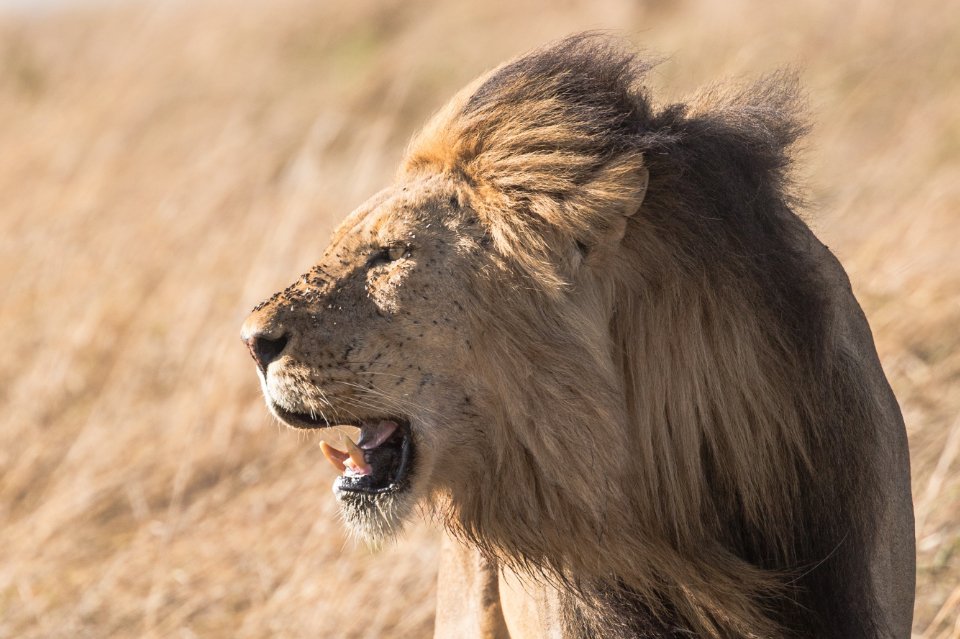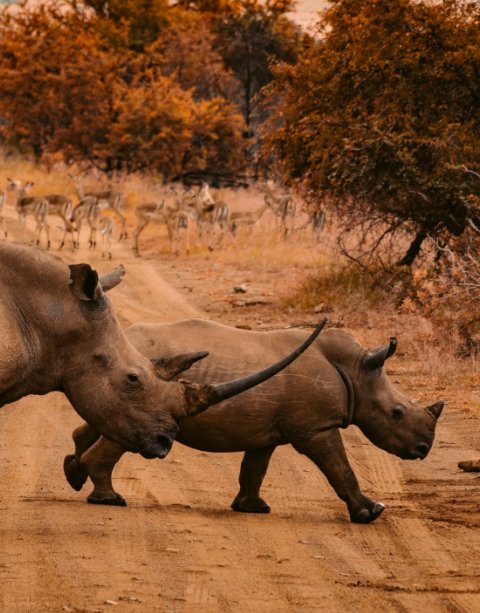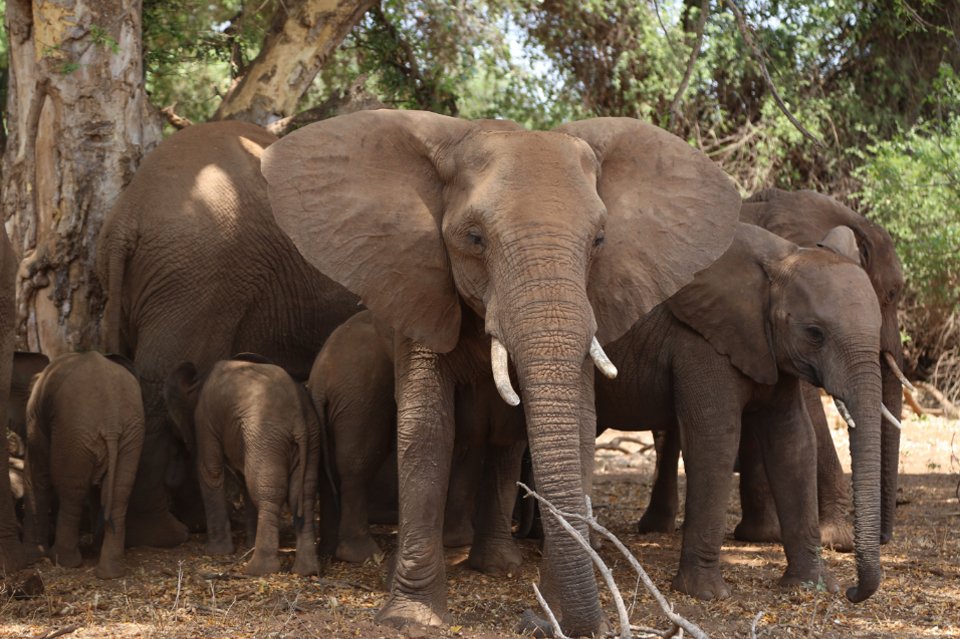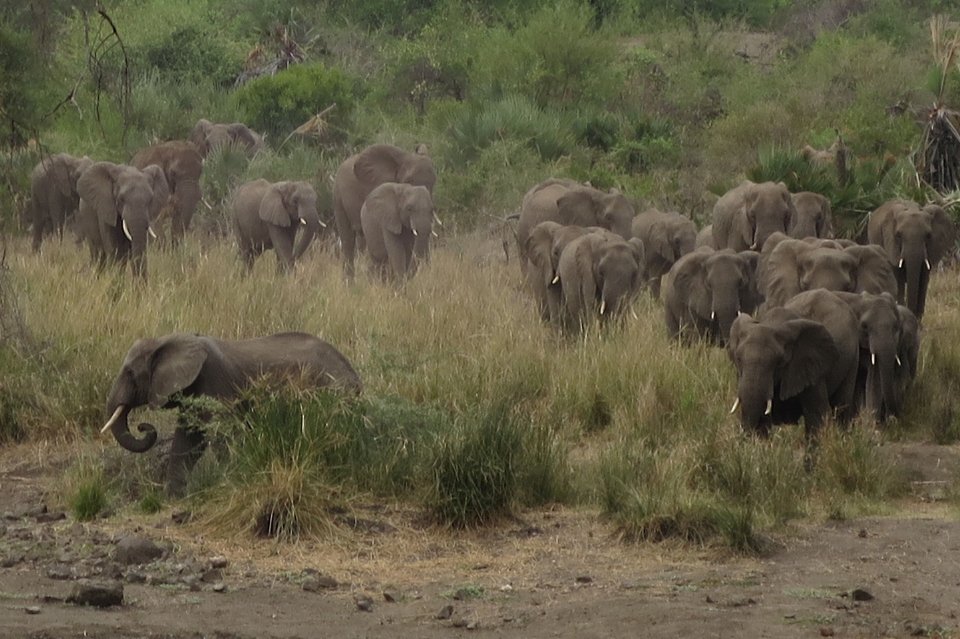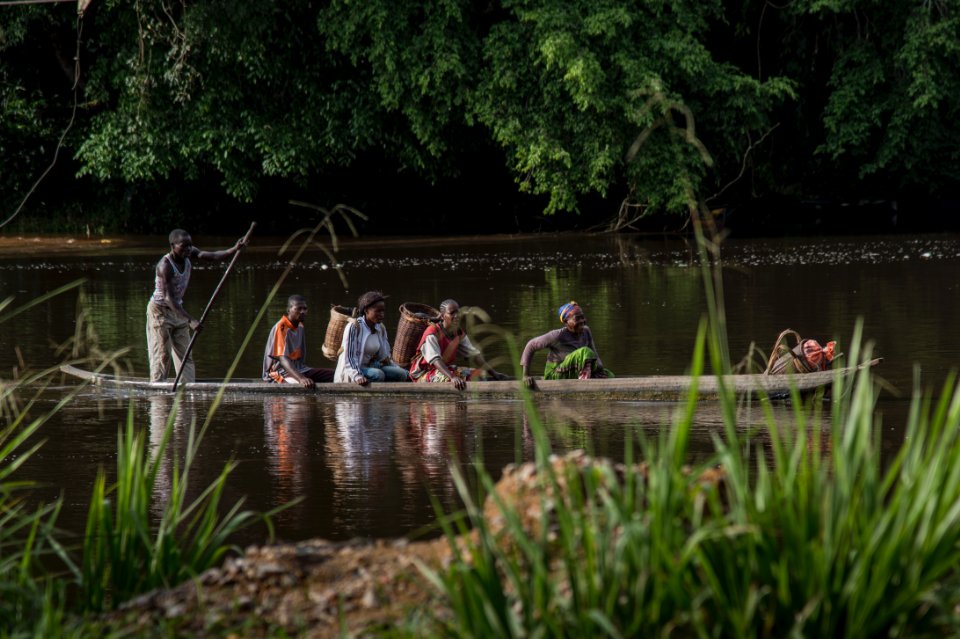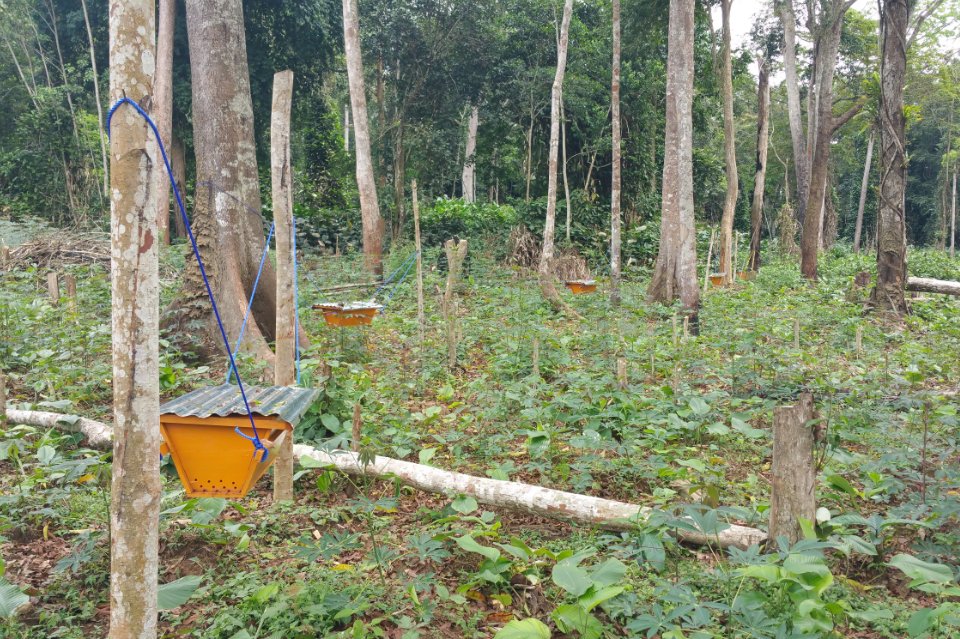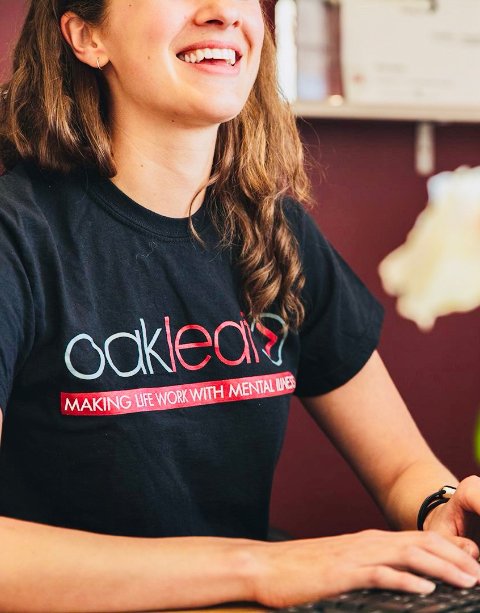IUCN Sustainable Use and Livelihoods Specialist Group
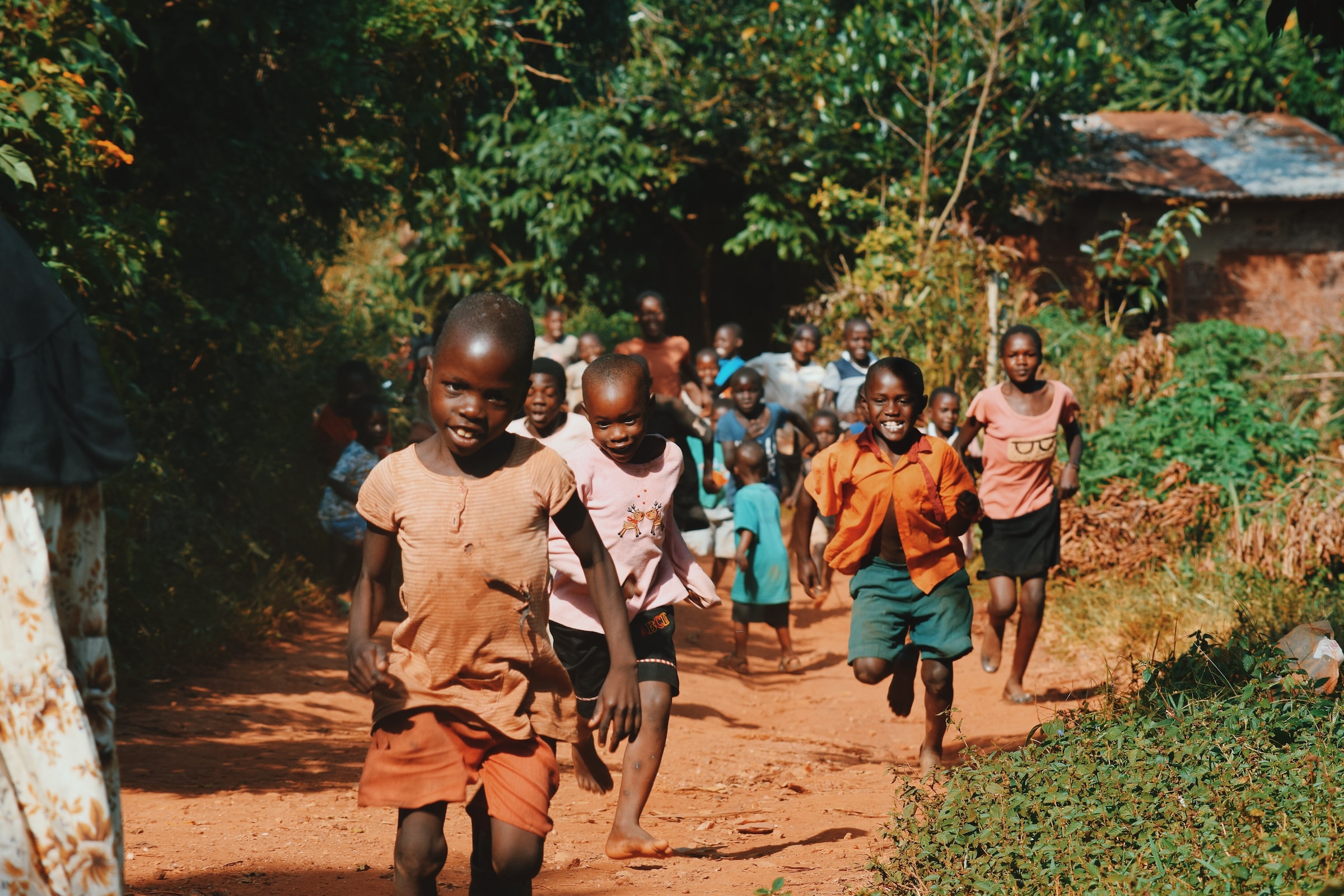
IUCN SULi
Formed in 2012, the IUCN Sustainable Use and Livelihoods Specialist Group (SULi) stands as a global volunteer network established by the International Union for Conservation of Nature (IUCN). It's a joint venture with the Species Survival Commission (SSC) and the Commission on Environmental, Economic, and Social Policy (CEESP).



JAMMA INTERNATIONAL
Our
Approach
The IUCN Sustainable Use and Livelihoods Specialist Group (SULi) brings together expertise from the realms of science, policy, and practice. SULi's mission is to confront the pressing challenges posed by the overexploitation of wild species while fostering equitable and resilient models of sustainable use that align with human needs and priorities.
Since its formation in 2012, SULi has garnered widespread recognition for its authoritative contributions to critical conservation matters. With a focus on addressing contentious issues such as illegal wildlife trade and hunting, SULi has established itself as an influential and credible voice within the global conservation community.
For nature, for people: building global understanding on sustainable use of wildlife.


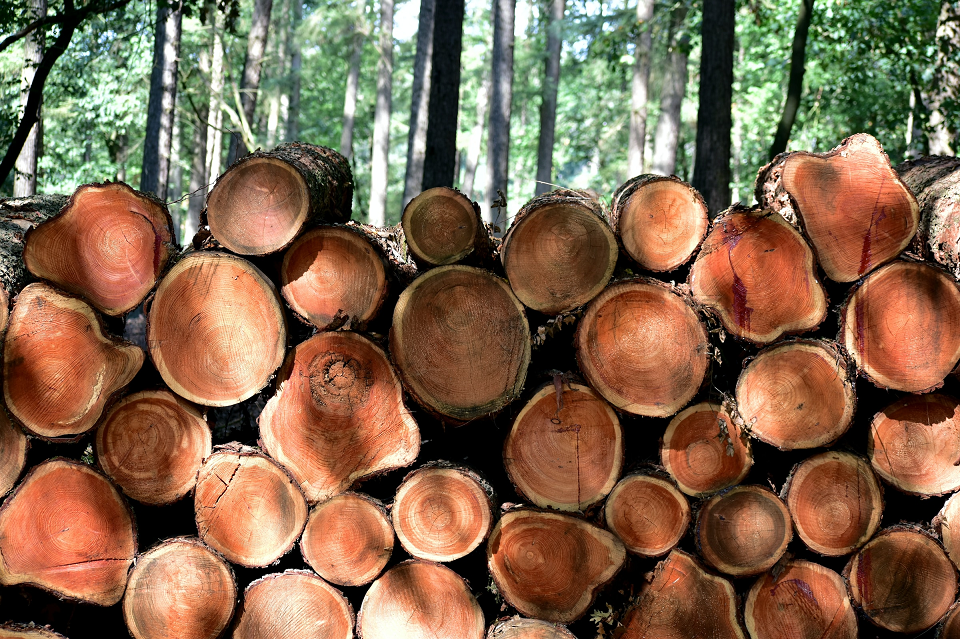
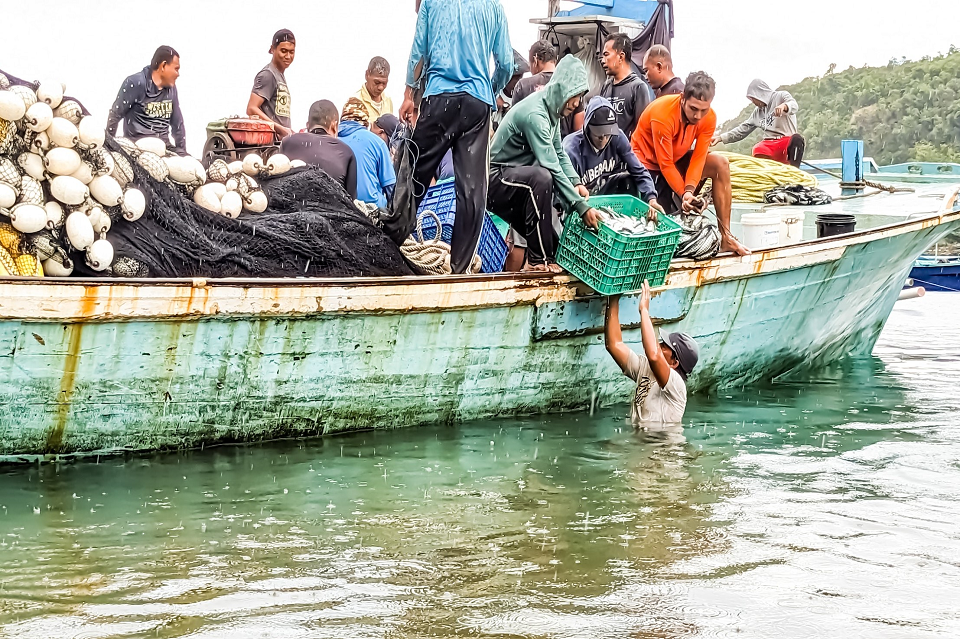
SULi's mission acknowledges that the attainment of sustainable use, intricately linked to the wellbeing of local communities, demands insights that extend beyond the conventional boundaries of conservation biology. This encompasses domains such as governance, social sciences, economics, and political ecology. In recognition of this multidimensional perspective, SULi forges connections among an exceptionally diverse spectrum of technical knowledge, spanning these areas and bridging the gaps between science, policy, and practical implementation.
By collaborating with partners at all levels, SULi ensures a comprehensive approach to sustainable use. Drawing upon a wealth of expertise, SULi fosters a holistic understanding of the complex interactions that shape the delicate balance between human needs and ecological preservation.
When we speak of sustainable use, we're referring to the responsible utilisation of these species to meet our current and future needs while safeguarding their long-term existence. This entails not only avoiding detrimental impacts on these species but also ensuring that the broader ecosystem remains unharmed, aligning with our commitment to the enduring preservation of species and their habitats.
At Jamma International, we stand united with SULi in their commitment to fostering sustainable practices that empower communities and safeguard natural resources. Through this collaboration, we endeavour to create a meaningful impact that transcends traditional boundaries and contributes to the coexistence between humans and the environment.


By shifting the development mindset from aid to enterprise, TBN has been able to create over 1,500 jobs and unlock more than £55 million in investment finance.
Their mission is to use research as a tool for conservation, finding solutions for human-wildlife conflict and inspiring interest in the environment through a dynamic environmental education programme.
JAMMA INTERNATIONAL
Interested in finding out more about our values, projects and processes?
Please fill out the interactive form below.
Contact us




